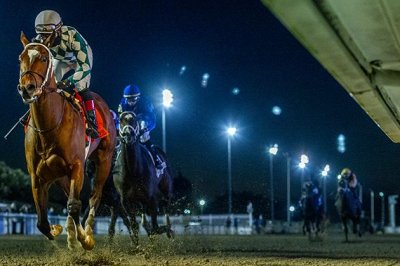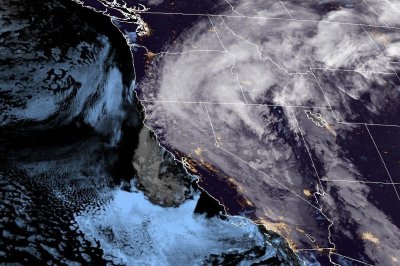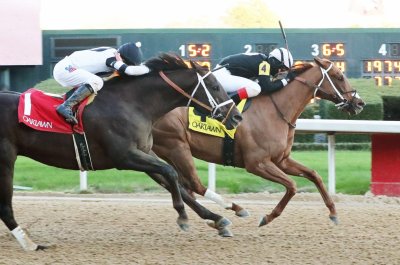Topic: Bob Hope
Quotes
I'm not protecting Bob Hope. I already put in the article that he told an ethnic joke. You're wanting me to blow that up into something it was not
Commentary: The secret Bob Hope Aug 04, 2003
What possible stake could you have in protecting Bob Hope
Commentary: The secret Bob Hope Aug 04, 2003
If they ever catch John Dillinger, they ought to make him sit through it twice
Bob Hope dies at 100 Jul 29, 2003
I can recall thousands of jokes but they usually come to mind in association with something else
Bob Hope, entertainment titan, dies at 100 Jul 28, 2003
I hope now when people pass this intersection they will recall their favorite Bob Hope joke or story -- take a moment to laugh and help us make this the happiest corner of the world
Feature: 100 candles for Bob Hope May 28, 2003
Bob Hope, KBE, KCSG, KSS (born Leslie Townes Hope; May 29, 1903 – July 27, 2003) was a British-born American comedian and actor who appeared in vaudeville, on Broadway, and in radio, television and movies. He was also noted for his work with the US Armed Forces and his numerous USO shows entertaining American military personnel. Throughout his career, he was honored for his humanitarian work. In 1996, the U.S. Congress honored Bob Hope by declaring him the "first and only honorary veteran of the U.S. armed forces." Bob Hope appeared in or hosted 199 known USO shows.
Hope was born in Eltham, London, England, the fifth of seven sons. His father, William Henry Hope, was a stonemason from Weston-super-Mare, Somerset, and his Welsh mother, Avis Townes, was a light opera singer who later worked as a cleaning woman. The family lived in Weston-super-Mare, then Whitehall and St George in Bristol, before moving to Cleveland, Ohio, in 1908. The family emigrated to the United States aboard the SS Philadelphia, and passed inspection at Ellis Island on March 30, 1908. Hope became a U.S. citizen in 1920 at the age of 17. In a 1942 legal document, Hope's legal name is given as Lester Townes Hope. His name on the Social Security Index is also listed as Lester T. Hope. His name at birth as registered during the July–August–September quarter in the Lewisham district of Greater London was Leslie Towns Hope.
From the age of 12, Hope worked at a variety of odd jobs at a local boardwalk. He would busk, doing dance and comedy patter to make extra money (frequently on the trolley to Luna Park). He entered many dancing and amateur talent contests (as Lester Hope), and won prizes for his impersonation of Charlie Chaplin. Hope also boxed briefly and unsuccessfully under the name Packy East (after the popular Packey McFarland), once making it to the semifinals of the Ohio novice championship.
It uses material from the Wikipedia article "Bob Hope."














